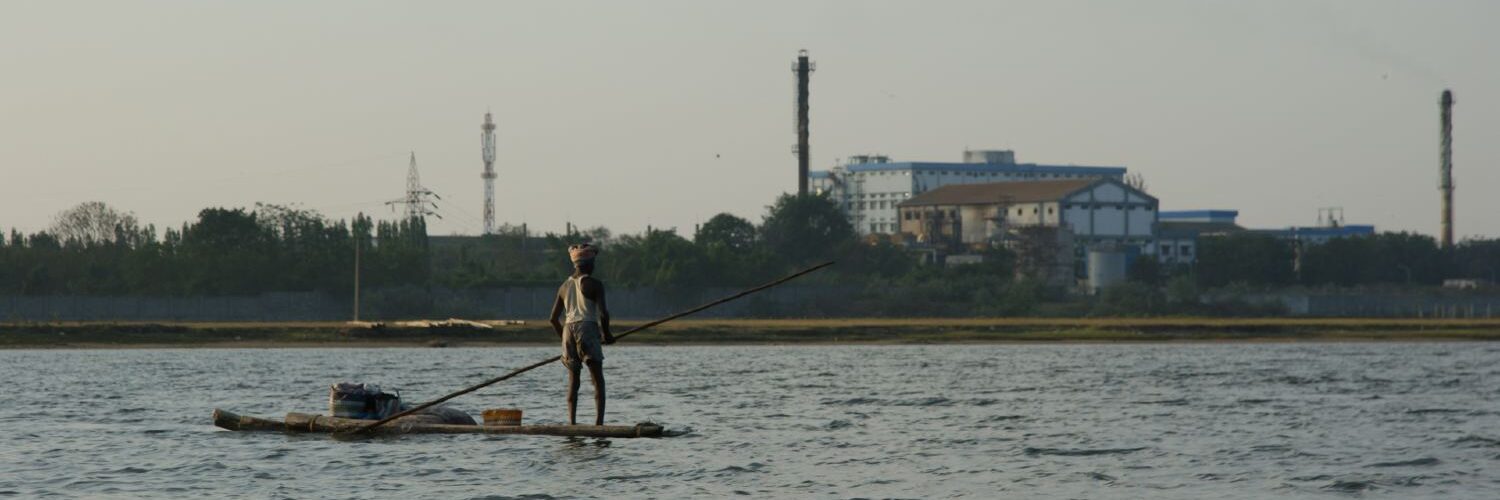Sep 28, 2010
Decann Herald News Service
In yet another major blow to Anil Agarwal-owned Vedanta Resources Group, the Madras High Court, on Tuesday, ordered the immediate closure of the formers Sterlite Industries plant in the port-town of Tuticorin in South Tamil Nadu on serious environmental grounds.
Chennai: “There has been unabated pollution by the respondent company (Sterlite Industries) which should be stopped at least now to protect Mother Nature”, a Division Bench of the High Court said in a significant judgment, allowing some writ petitions seeking the plant’s shut-down.
The Bench in a historic order said the “the right to have a living atmosphere congenial to human existence is part of the right to life.” The court said that the State has a duty to maintain ecological balance and a clean environment and to pursue policies.
Stating that the materials on record show that the continuing air pollution caused by the noxious effluents discharged into the air by the company had a severe disturbing effect on the people living in its vicinity, the Judges said that discharge of noxious effluents either into any water body or into the atmosphere which inflicts harm on public health “should be dealt with seriously.”
Directing the Tuticorin District Collector to take necessary follow-up steps to implement the Court order, the Judges said the employees of Sterlite were entitled to compensation as per the Industrial Disputes Act. The Collector has also been directed to initiate steps for ensuring the livelihood of Sterlites 2,000 strong workforce at Tuticorin.
MDMK General Secretary Vaiko and another NGO, The National Trust for Clean Environment had in their petitions sought the plants closure on environmental grounds. Sterlite Industries over Rs 2,000 crores investment in Tuticorin was from day one mired in controversy in the mid-1990s even before Vedanta Resources bought it.
The Sterlite plant complex in Tuticorin includes a copper smelter, a refinery, a phosphoric acid plant, sulphuric acid plant, and a copper rod plant. Besides teething problems, the plant which also exports copper cathodes and copper rods, was in the eye of a storm since some mishaps took place there.
Sterlite had been in the midst of a legal row since 1998 with environmentalists questioning the Central and State Pollution Control Boards clearance for setting up the copper smelter, which was considered a second-hand imported plant initially. The National Environment Engineering and Research Institute (NEERI) had also been directed to study the ecological effects of the plant and its report had also found serious violations.
